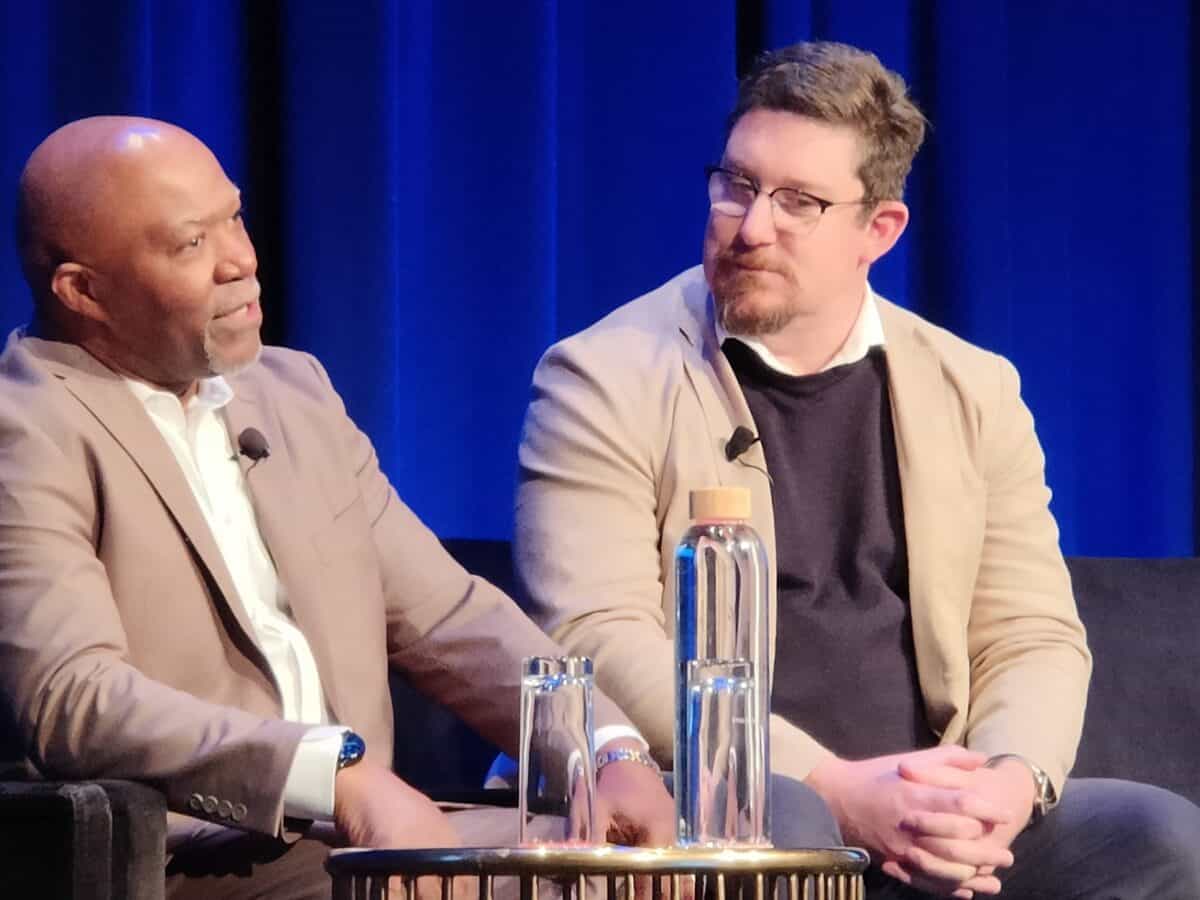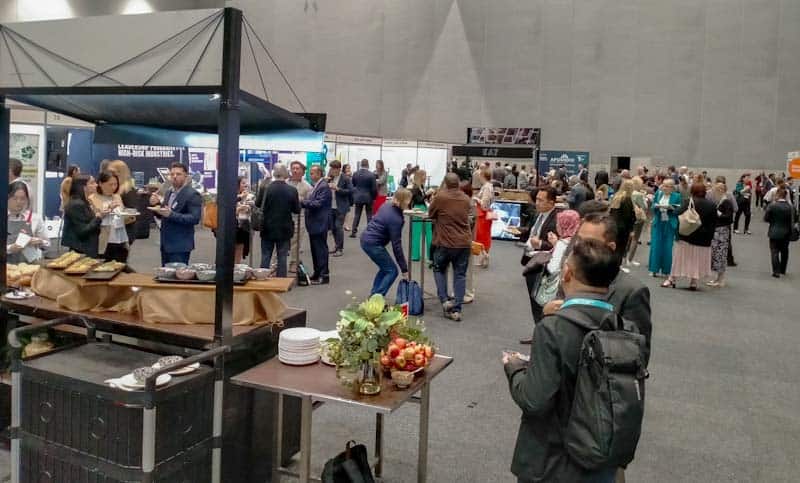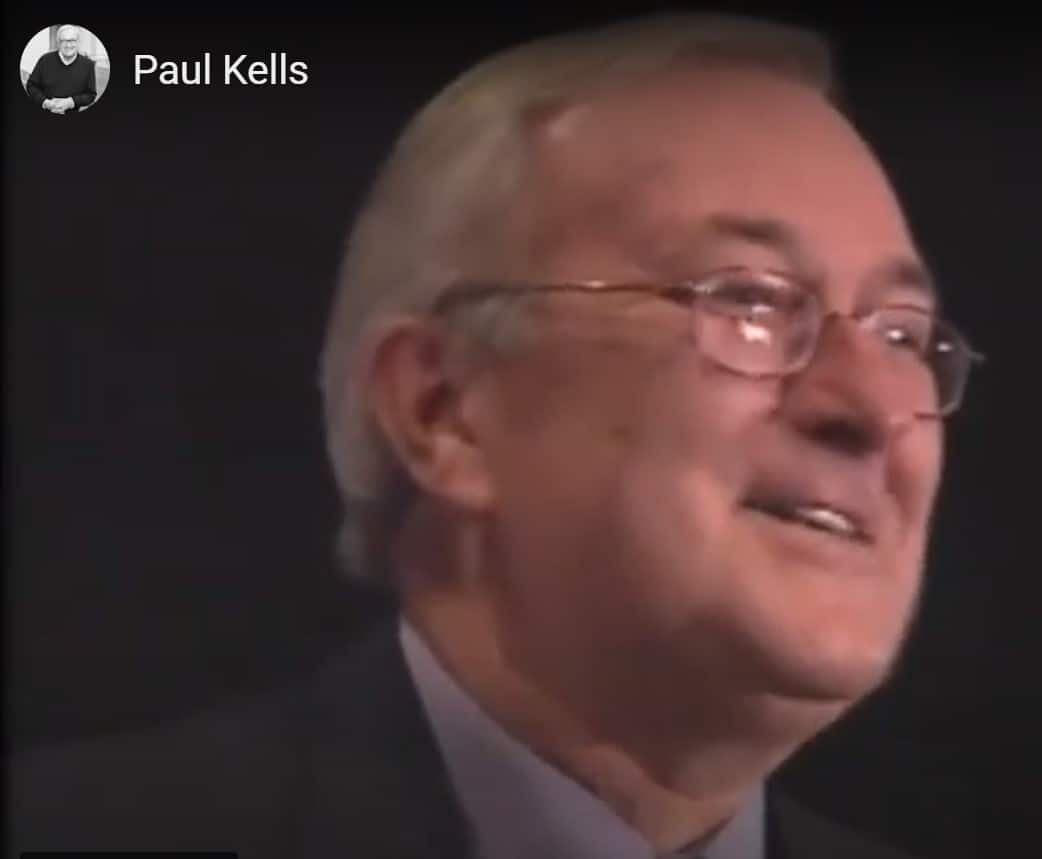Many conference delegates spoke highly of international speaker I David Daniels at the recent Psych Health and Safety conference. Daniels has a long occupational health and safety (OHS) career and hosts the United States version of the Psych Health and Safety podcast. His OHS perspectives, including his discussions about race, were significant.
Category: interview
Occupational Hygienist – Rene LeBlanc
It has been several months since the 23rd World Congress for Health and Safety was held in Sydney, pictured above. A major benefit of attending occupational health and safety (OHS) conferences is meeting people, old and new. I was honoured to meet Rene LeBlanc, an occupational hygienist from Canada. We had dinner on a very rainy and stormy Sydney night, and Rene agreed to an interview. Below is an edited version of part of that conversation (it was a long dinner). Rene was wide-ranging on his OHS topics.
Initial reflections on the 23rd World OSH Congress
The 23rd World Congress on Safety and Health at Work has been a remarkable achievement, with 3000 delegates, at least two-thirds of whom are from outside of Australia. The most valuable elements of this Congress have been the opportunities to network, talk to people you’ve never met, and get new perspectives. What has been a little peculiar was the presentations or, rather, the format of the sessions.
Is Safety Leadership for everyone or just the executives?
At last week’s Asia Pacific Occupational Safety and Health Organisation conference, I bumped into Jen Jackson, a young creative thinker on occupational health and safety (OHS) and the author of “How to Speak Human”. We had a quick chat about OHS leadership and gender issues. Below is an edited transcript with a link to the raw audio.
2000 Interview with Paul Kells
Recently Paul Kells passed away. Paul had a major influence on workplace health and safety awareness and promotion around the world. He was the founder of the Safe Communities Foundation in Canada. I was able to interview Paul prior to his attendance at a Symposium on the “Global Perspectives on Effective Workplace Safety Strategies” in Melbourne, Australia on the 15th and 16th of March 2000.
The full interview from the SafetyAtWork magazine is reproduced below and on open access. I think this interview and the Youtube video insert below gives a good indication of Paul’s passion and pain and our loss. (Paul’s memorial service will be on October 8)
SAW: How did the Safe Communities Foundation start and where is it at?
PAUL: My son was 19 years old and he was killed in an accident in a small warehouse in a suburb of Toronto. In this little shop, it was a small business with only 4 or 5 people there. He got the job through a friend whose father ran the business. It was the second or third day on the job and he was asked to go back and decant some fluid from a large drum to some small vessels.
Continue reading “2000 Interview with Paul Kells”“it’s much harder to fix work than it is to fix workers”
Recently in the International Journal of Epidemiology*, Professor Tony Lamontagne and his colleagues wrote that their Australian research:
“….. showed that improving job security is strongly associated with decreasing depression and anxiety symptoms.”
This is an example of the precise research statements that LaMontagne has made over several decades, which have been enormously helpful to those occupational health and safety (OHS) advocates and professionals who choose to use them.
Recently this clarity was on display for over 90 minutes in a podcast interview with LaMontagne. It should be obligatory listening for OHS people.
OHS is a key process for control of COVID
It is always important to note when those outside the traditional occupational health and safety (OHS) networks speak in favour of OHS and its critical role in business decisions.
On September 20 2021, ABC’s Mary Gearin spoke with Emeritus Professor Malcolm Sim of Monash University about the likelihood of mandatory vaccinations on the ABC Drive program. Sim said:
Continue reading “OHS is a key process for control of COVID”






